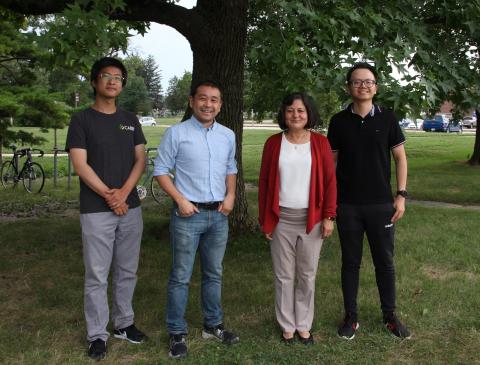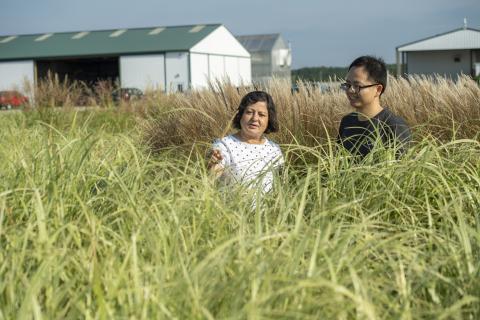Land is the planet’s limiting resource. We need land for food, biofuel, feed, ecosystem services, and more. But all land is not equal. Concerns about diverting land under food/feed crops to biofuel feedstocks have led to interest in using marginal land to produce these dedicated bioenergy crops for advanced biofuels. Marginal land has typically been defined as land that is of low quality and not in food crop production. Since energy crops can grow productively on low-quality land, there’s great interest in the potential of energy crops on marginal land to avoid conflict with food production.
A recent study led by Chongya Jiang, a University of Illinois Research Scientist at the Center for Advanced Bioenergy and Bioproducts Innovation (CABBI), shows that researchers may be overestimating the amount of land that is available for bioenergy crops if they simply look at land that is low quality and low productivity. Results from this study by CABBI, a U.S. Department of Energy (DOE) Bioenergy Research Center, were published in Environmental Science & Technology.




